Rising Private School Costs: A Surging £350,000 for Education
Parents aiming for a private education for their children are now facing expenses nearly double what they were ten years ago.
This year’s estimation for sending a child to day school until they turn 18 is approximately £350,000, according to private bank Weatherbys. This figure represents an 80 percent increase from the £194,000 required for someone who began school in 2010 and completed their A-levels in 2023.
Maxwell Marlow of the Adam Smith Institute commented on this significant rise, stating, “This stark increase may lead private schools to become more elitist. It raises concerns that families with lower incomes or those unable to save sufficiently might find themselves unable to afford such education levels.”
An additional financial burden will be introduced in January when the government implements a 20 percent VAT on school fees. Some private institutions have indicated they may absorb part of this VAT increase, hoping to reclaim it through various operational costs, while others plan to fully transfer the increase to parents. The Girls’ Day School Trust, representing 23 independent schools in England, has announced a 12 percent fee increase starting in January.
Contrastingly, prestigious institutions like Eton have informed parents that they will be responsible for the complete 20 percent VAT increase when it commences, raising boarding fees to £63,000 annually. Fortunately for bursary-supported students, there will be no impact on their fees; however, Eton encouraged families struggling with these hikes to reach out to the school for support. Back in 2015, Eton’s annual fees were £34,000.
The government is also moving to eliminate business rate relief for private educational institutions. Currently, around 7 percent of pupils in Britain, totaling approximately 570,000, are enrolled in private schools.
Julie Robinson from the Independent Schools Council shared, “While some schools may manage to absorb part of this cost increase, others will inevitably need to pass the entire burden onto parents. We’re already hearing cases of families contemplating mid-year school changes due to insufficient local state education options or resorting to loans to offset the VAT impact on their fees.”
Weatherbys predicts that the cost of sending a child to a boarding school could reach £694,400, a considerable rise from £392,300 for a student who completed their A-levels this year. This calculation presumed students begin day schooling at age five, transition to boarding at age seven, and graduate at eighteen, factoring in a 2 percent annual inflation rate and the impending full VAT increase. Notably, this estimate excludes additional expenses such as uniforms, sports gear, trips abroad, and music lessons, which can accumulate to thousands.
Megan Rimmer from Quilter Cheviot expressed concern, stating, “The aspiration for private education is slipping out of reach for many families. Wage growth has not kept pace with inflation, making it difficult for many to manage skyrocketing school fees alongside everyday living expenses. Some families are leaning on grandparents for financial assistance, depleting savings, or even withdrawing children from private education altogether.”
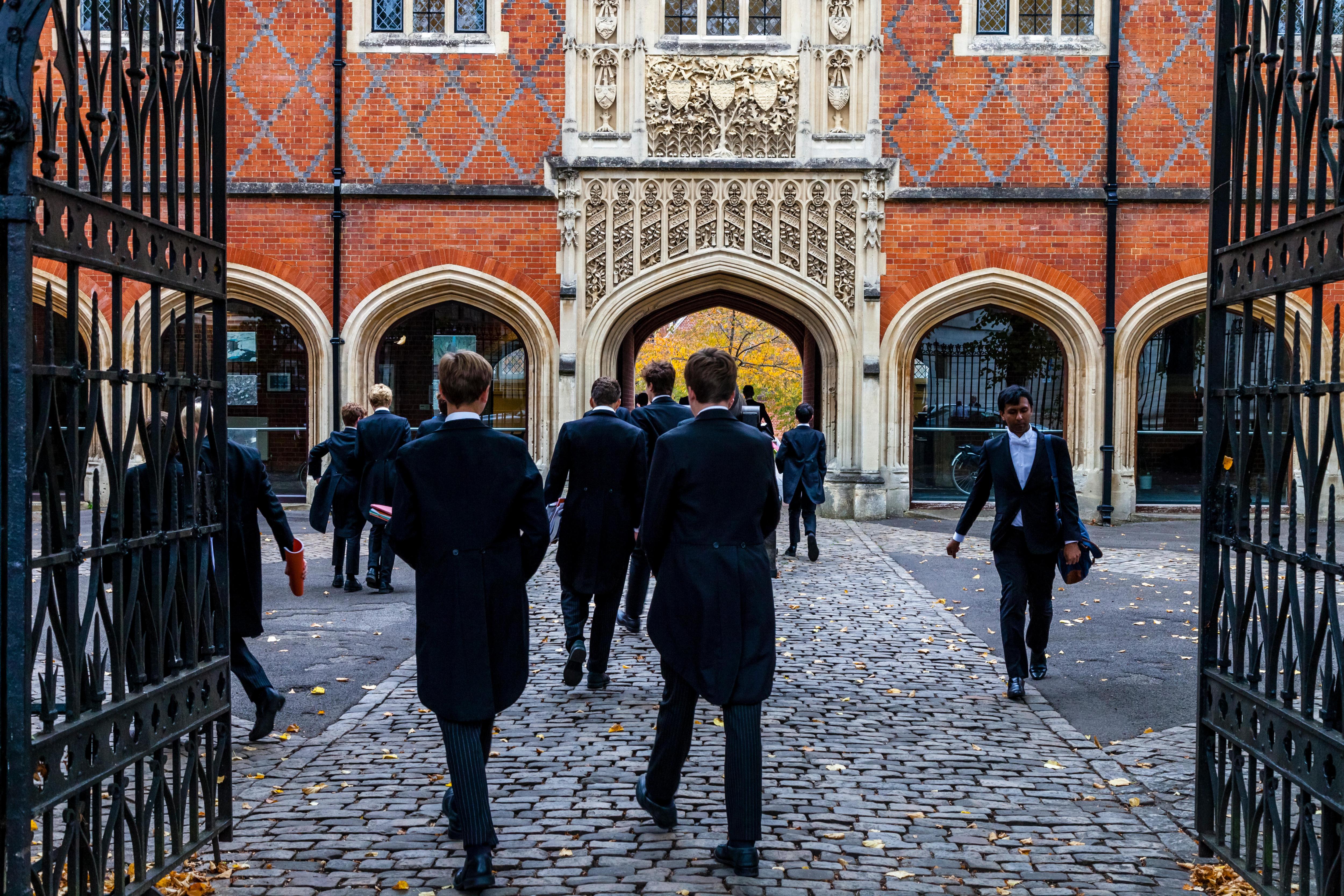
Current Education Costs
According to the Independent Schools Council, average fees for boarding schools stand at £14,153 per term, while day pupils are billed around £7,975 per term. Private day schools charge an average of £6,021 per term.
There is a significant disparity in fees, with students boarding at Eton facing a term charge of £17,583. Those at Harrow will incur £17,850, and final-year sixth formers at Brighton College will pay £18,490. For day pupils, St George’s School in Edgbaston, Birmingham offers fees from £1,960 to £3,950 per term, dependent on the year. Meanwhile, King of Kings, a Christian institution in Salford, charges £1,500, while the Cambridge Street School, a faith-based Muslim school for boys aged 11 to 16 in Batley, West Yorkshire, has fees of £700.
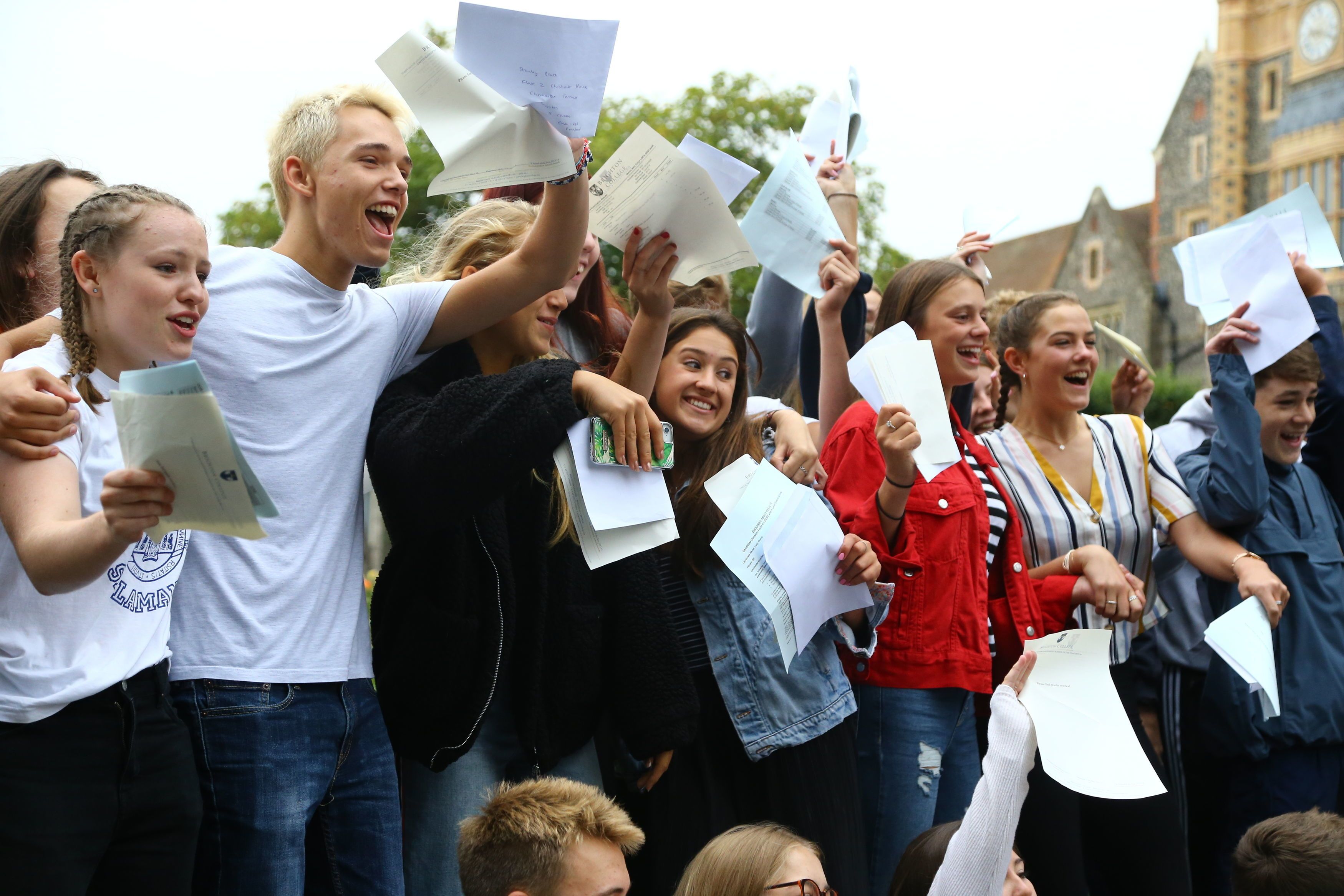
Salary Requirements
According to Quilter, a couple would need to earn at least £102,000 annually to afford sending two children to a private day school, especially with projected fee increases in January.
This calculation is based on dual earners each making £51,000, leaving a combined income of £76,500 after tax and a 5 percent pension contribution, which would allow for £43,350 per year in school fees, alongside £15,100 for mortgage payments and approximately £18,000 for other living costs. However, many parents face higher mortgage expenses.
To cover the average £102,000 annual fee for two children attending boarding school, parents would need to earn a collective £208,000. This figure has escalated by 80 percent compared to the £116,000 required 14 years ago, as highlighted by Quilter.
For a sole income earner, a salary of £245,000 would be necessary to afford two boarding school students and cover related costs, factoring in higher taxes impacting overall income.
Carl Green from Evelyn Partners remarked, “Nearly all my clients considering private education for their young children are in high-earning professions such as law or finance. Others send their children to private school with assistance from grandparents, as it’s simply not feasible on a single income.”
The escalating costs may push more families away from private education. Approximately 7 percent of students in Britain, equating to 570,000, attend independent schools. The Institute for Fiscal Studies (IFS) projects that a 15 percent fee increase due to VAT could lead to a decrease in student enrollment by 3 to 7 percent over the next decade.
Luke Sibieta from the IFS noted, “While many families currently enrolled in private education may not reverse their decisions, they are likely to curb spending elsewhere. We can expect to see more families choosing not to enroll their children in private schools from the outset.”
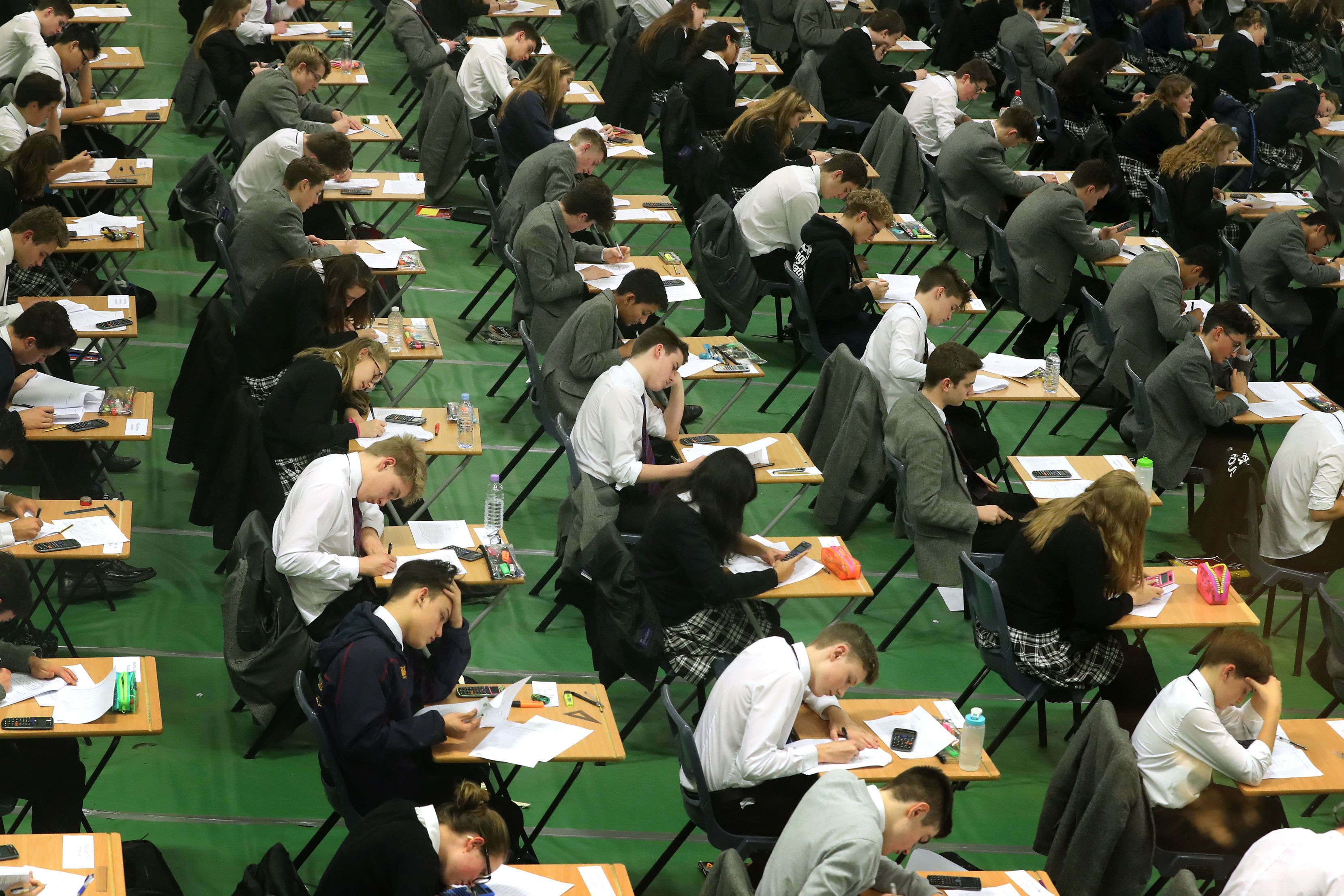
In anticipation of debt from rising fees, many private institutions are actively trying to bring in more international students. Only 4.7 percent of private school students in the UK are non-British and have parents living abroad, a slight rise from 4.5 percent in 2010, according to the Independent Schools Council.
Charles Bonas from Next Step Education, which organizes boarding school exhibitions in cities like London, Singapore, Dubai, Hong Kong, Geneva, and Monaco, stated that more schools are pursuing international student enrollment through fairs and agents. He added, “Many individuals who have been privately educated in the UK struggle to afford homes and consequently find themselves unable to provide the same for their children.”
Exploring Alternatives
Krisha Davies and her husband Ryan have found themselves unable to afford private education for their two daughters. Reflecting on her experiences at private school, she stated, “I made lifelong friends, learned a great deal, and participated in numerous extracurricular activities. Unfortunately, we cannot send both of our children if we can’t afford it for one.”
The couple, who have daughters aged nine and six, are grateful for a nearby state primary school. Krisha shared her own experiences, saying, “My parents had to budget very carefully to provide me with a private education. We didn’t take vacations abroad.”
Financial Planning Ahead
For parents desiring to send their children to private education, starting to save early is prudent. Individuals can save up to £20,000 annually in a cash or stocks and shares ISA, where earnings grow tax-free.
Weatherbys suggests that investing £1,666 monthly in an ISA for five years before a child commences school could yield nearly £109,920, assuming a 5 percent annual growth after expenses. By saving £1,666 monthly for ten years prior to a child’s schooling, parents might accumulate approximately £242,050.
Sending children to private school for part of their education could significantly ease financial pressure. Weatherbys estimates the total cost for a child to attend private boarding school from ages 7 to 11 at £306,297 and £149,048 for private day schooling.
Grandparents often establish bare trusts for their grandchildren, a tax-efficient strategy for managing educational costs. Under this system, beneficiaries (the grandchildren) gain automatic rights to trust assets upon turning 18, although trustees can withdraw funds to cover educational expenses before this age. Withdrawn funds are taxed as if belonging to the child, allowing for potential tax savings based on their capital gains and income tax allowances.
Some schools permit parents to prepay fees in advance, potentially securing lower rates. However, this strategy won’t prevent VAT increases, as indicated by Labour’s advisories that the VAT will still apply to prepayments made after July 29 this year.
Making Sacrifices
Ndah Mbawa from Northampton has been cutting down on family holidays, takeaways, and grocery expenses to meet the rising costs associated with private schooling.
“Balancing school fees with bills and mortgage costs is tough, especially in the current economic climate. Although the VAT increase is manageable, it adds to an already tight situation,” stated Mbawa, who runs an independent bookstore.
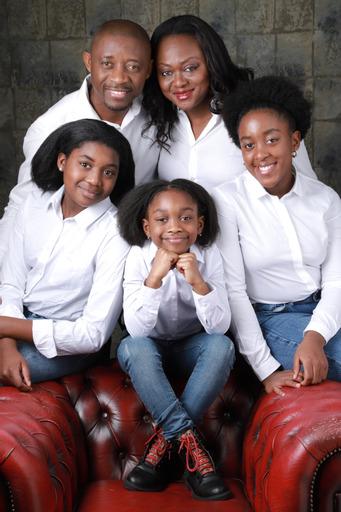
Both Ndah and her husband Valentine, aged 46, are planning to provide their three daughters with partial private education. Kirsten, having completed her GCSEs at her private school, is headed to a private sixth form with fees this term at £3,600. Aiyven continues at the same school, while Kaitlyn is enrolled in a local state primary. They intend for Kaitlyn to transition to private schooling when she’s twelve.
Aiyven’s school, part of the Girls’ Day School Trust, will see a 12 percent fee increase starting in January, from £5,976 per term to £6,693. “While the school intends to absorb some of the VAT costs, this hike is still significant,” Mbawa remarked.
“My husband and I both attended private school in Cameroon, and we believe the value of a private education is tremendous. The diverse opportunities, extracurricular activities, and smaller class sizes contribute to high academic standards. The school community is essential in raising a well-rounded child,” she concluded.

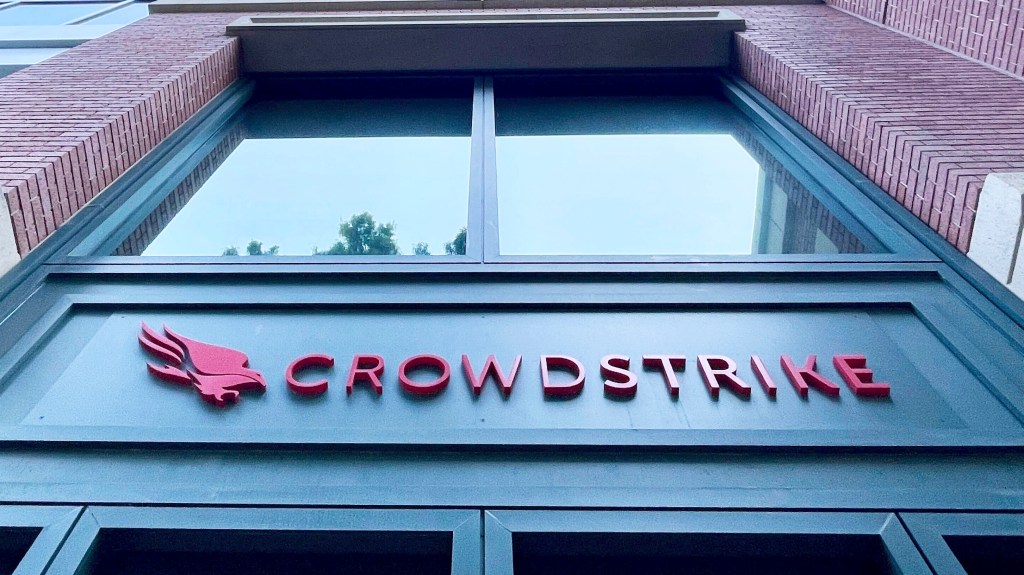

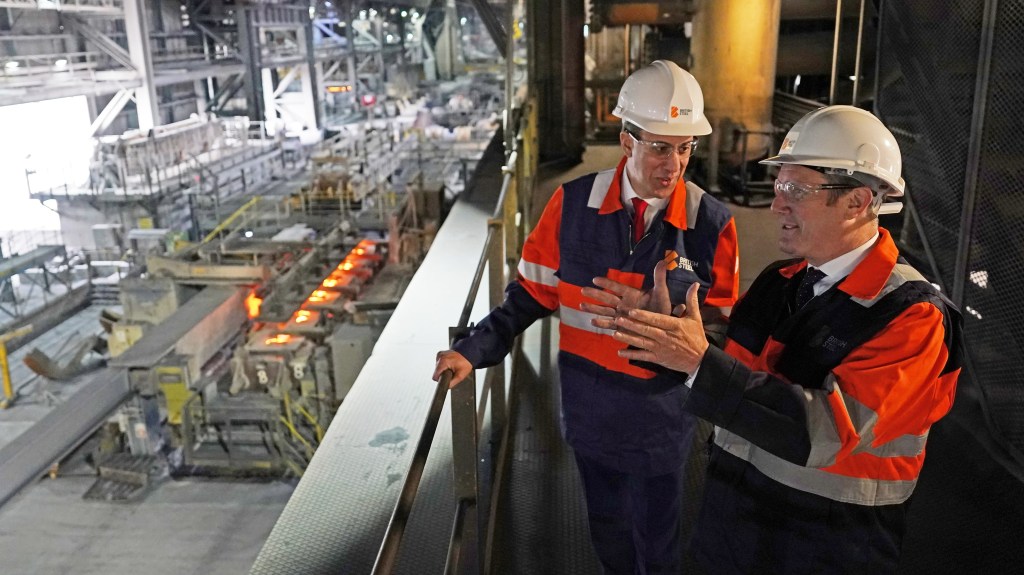
Post Comment